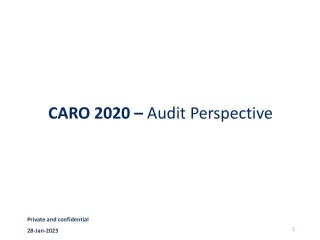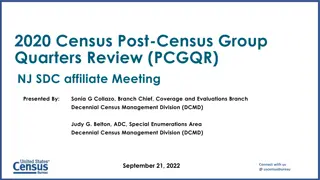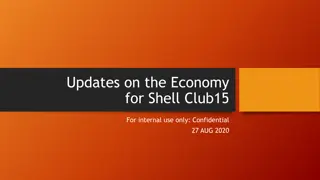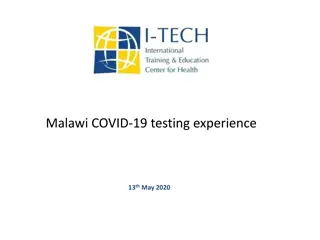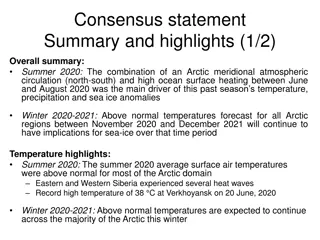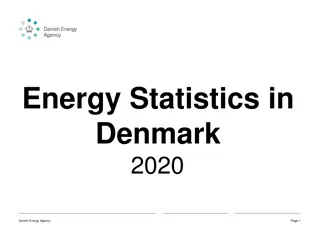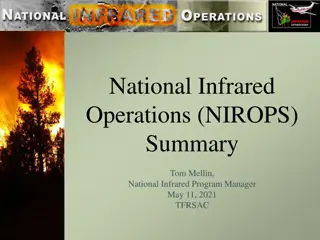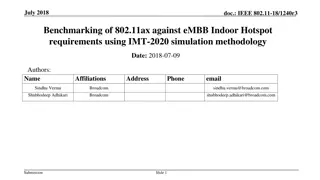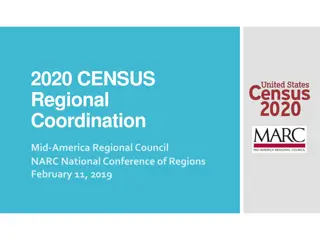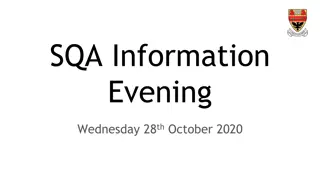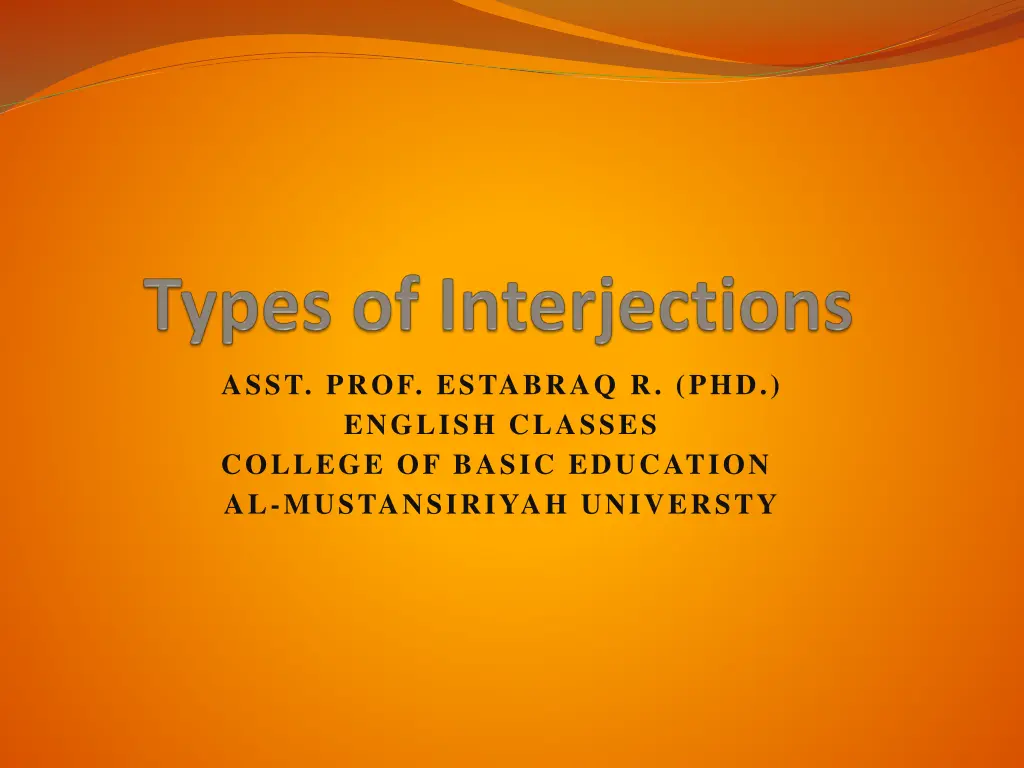
Types of Interjections in English and Their Usage
Explore the various types of interjections in the English language and how they are used in different contexts. Learn about single-word interjections like "Yes" and "Phew" as well as multi-word interjections such as "Oh, really?" and "Holy moly!" Understand when and where interjections are commonly employed, from casual conversations to informal writing like texting and blogging.
Download Presentation

Please find below an Image/Link to download the presentation.
The content on the website is provided AS IS for your information and personal use only. It may not be sold, licensed, or shared on other websites without obtaining consent from the author. If you encounter any issues during the download, it is possible that the publisher has removed the file from their server.
You are allowed to download the files provided on this website for personal or commercial use, subject to the condition that they are used lawfully. All files are the property of their respective owners.
The content on the website is provided AS IS for your information and personal use only. It may not be sold, licensed, or shared on other websites without obtaining consent from the author.
E N D
Presentation Transcript
ASST. PROF. ESTABRAQ R. (PHD.) ENGLISH CLASSES COLLEGE OF BASIC EDUCATION AL-MUSTANSIRIYAH UNIVERSTY
Types of Interjections Because interjections have no connection with the rest of the sentence, their only real use is in quotations, including dialogue between characters in a book, or in informal writing, such as texting, blogging, or emailing friends and family. Interjections are rarely, if ever, used in business or academic writing where the tone should be formal.
Here are types of Interjections: Yes and No Expressions such as yes, no, indeed, and well are often used as interjections. For example: Indeed, this is not the first time the stand has collapsed. Yes, I do intend to cover the bet. Phew! Some interjections are sounds. For example: Phew! I am not trying that again. Humph! I knew that last week. Mmmm, my compliments to the chef.
Multi-word Interjections Some interjections are more than one word. For example: Oh, really? I doubt that. Holy moly! She won! They're not always at the start of a sentence. For example: It is cold, indeed.

